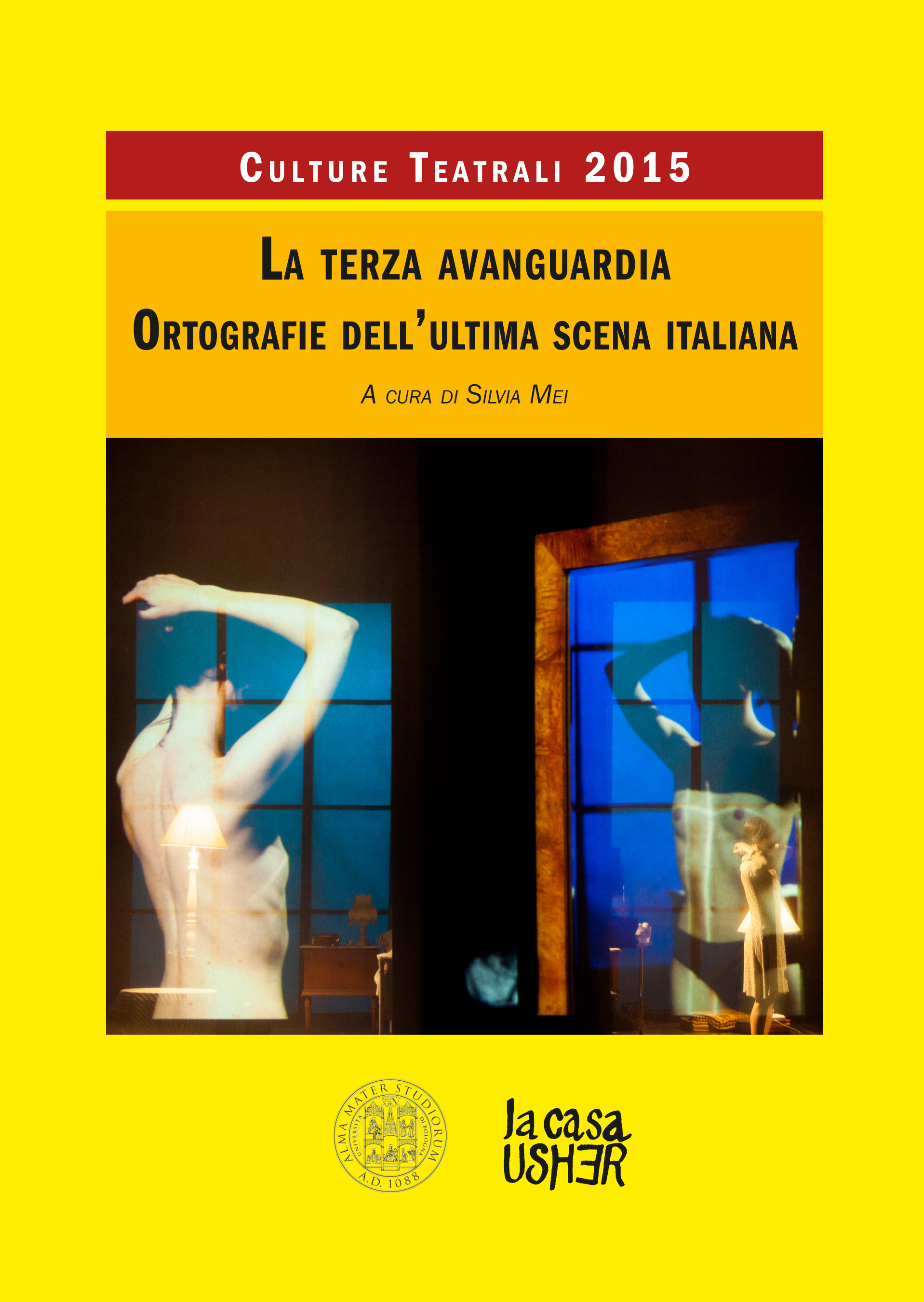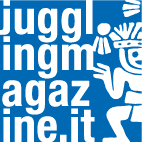| Dramatic and Postdramatic Theatre: Ten Years After |
|
International Theatre Conference
It has been exactly ten years since the publication of the book, Postdramatic Theatre by Hans-Thies Lehmann (Frankfurt am Mein, 1999). Meanwhile, the book has been translated into many languages – French, Polish, Croatian, Slovenian, Slovak, Farsi, Portuguese, Japanese, English – and it has become one of the most important theoretical references, both in contemporary theatre and performance studies, including current stage practices. Significance of the work is undisputedly confirmed by polemical comments as well, for in those this overall "paradigm" of the contemporary theatre, with its detailed strategies and features, is not denied. These comments raise the question of how theatre, based on the experience of postdramatic, is further developing. The essence of these issues could be summarized under the general notion of “after the postdramatic theatre”, or postpostdramatic theatre. Therefore, this could be considered a main topic of the conference Dramatic and Postdramatic Theatre: Ten Years After, organized by the Faculty of Drama Arts, of the University of Arts in Belgrade, in association with Belgrade International Theatre Festival (BITEF). The main objective of this academic conference is to provide a general outline for the possible directions of further theatre development, using H. T. Lehmann’s seminal study as a starting point. However, this certainly will no be the only goal of the conference: aside from this perspective of the future, the conference will also bring to the fore the effects this study already have on the contemporary theatre practice and theory. It is exactly this actual context we had in mind, together with Professor Lehmann, when we first started considering to organize the conference in Belgrade. If we add to the Slovenian translation of Postdramatic Theatre, the fact that the Croatian translation of the work has been done as a Croatian-Serbian collaborative publishing project, then there is an impression of a strong presence of this important work in the cultural field of the former Yugoslavia. Last, but not least, it is also important to stress out that the conference is organized as a part of BITEF festival, which already for a half a century has been introducing and recognizing "new tendencies" in the world theatre, most of which in several last decades could be considered postdramatic. One of the results of the conference will be to answer the following questions. Whether the relation between terms/concepts/paradigms of dramatic and postdramatic theatre have changed since the appearance of the book, i.e. did they and how influenced each other in the meantime; in other words, is today possible to make significant studies of dramatic theatre without having a full insight into the postdramatic one? At the same time, can we take it for granted that dramatic theatre has remained the same from Ancient Greeks to Brecht? Is the new development of dramatic theatre based on the acceptance of postdramatic experience? In such a context, what does the latest term – neodramatic – means? In order to understand postdramatic theatre is it enough to confront it to dramatic theatre, or should we also consider performance art? Or can we already assume that the field of postdramatic theatre implies an overlap between performance and theatre? Last but not least, is the remark that the field of postdramatic excludes any textual analysis for the benefit of performance studies, acceptable?
|


